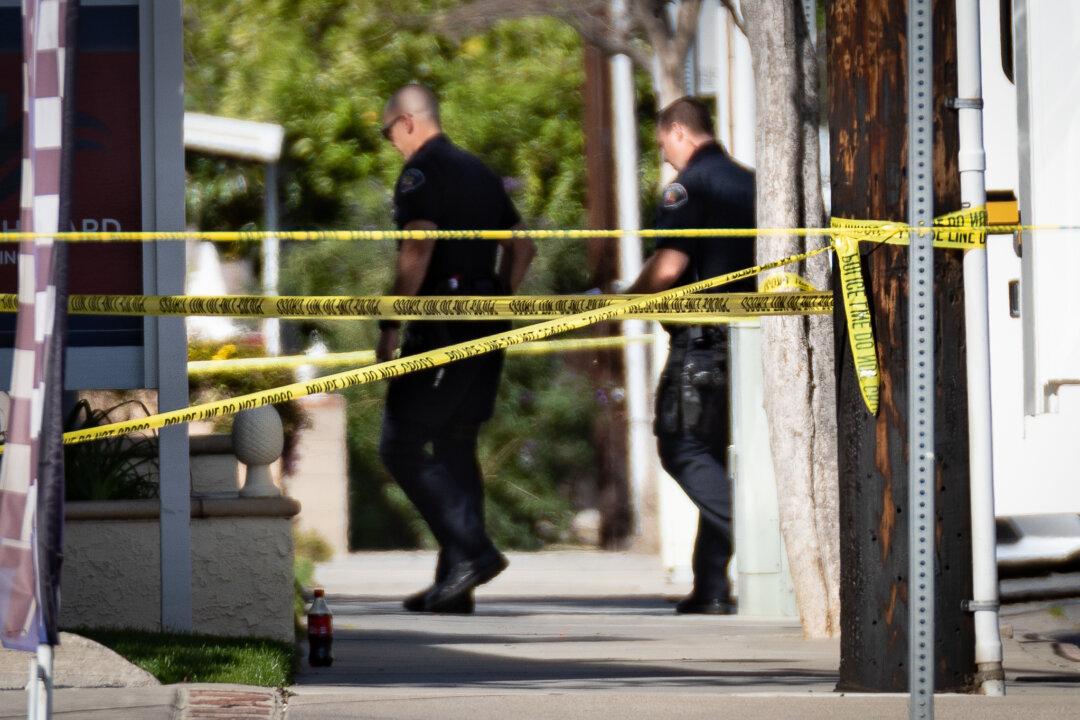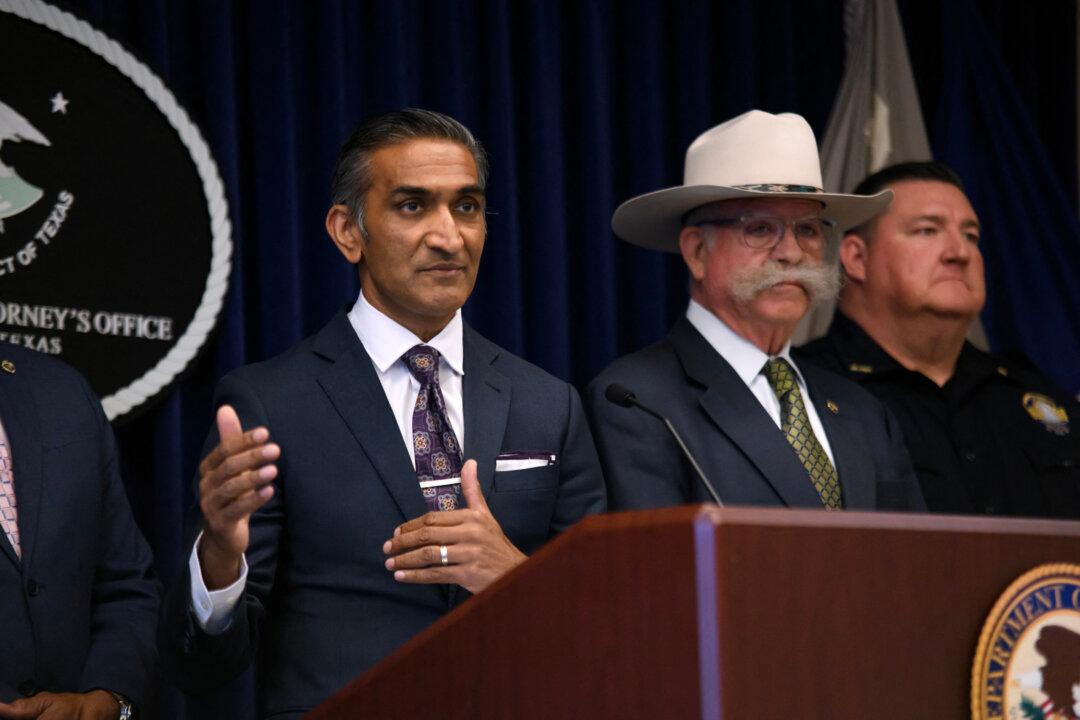As politicians continue to debate the cause of the crime epidemic that has seen the descent of many of the nation’s most populated cities into war zone-like conditions, increasing numbers of businesses and residents have turned to private solutions in effort to reclaim their neighborhoods.
Pastor Corey Brooks, Executive Director of Project H.O.O.D, a Chicago-based non-profit seeking to end violence through individual empowerment, says that after decades of hoping for solutions from public officials, residents of crime-ridden cities are no longer waiting on empty pledges of safer streets to be fulfilled.





